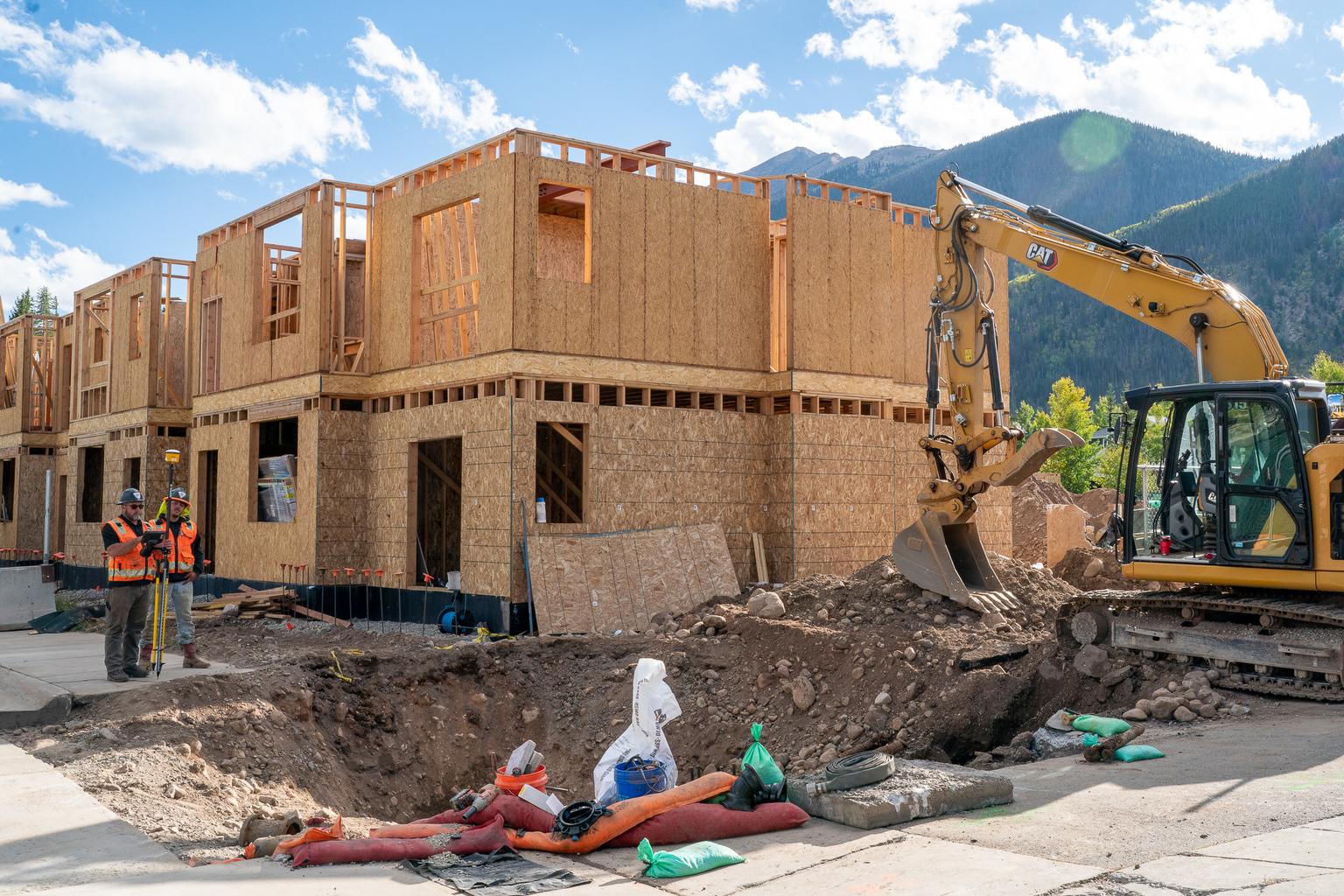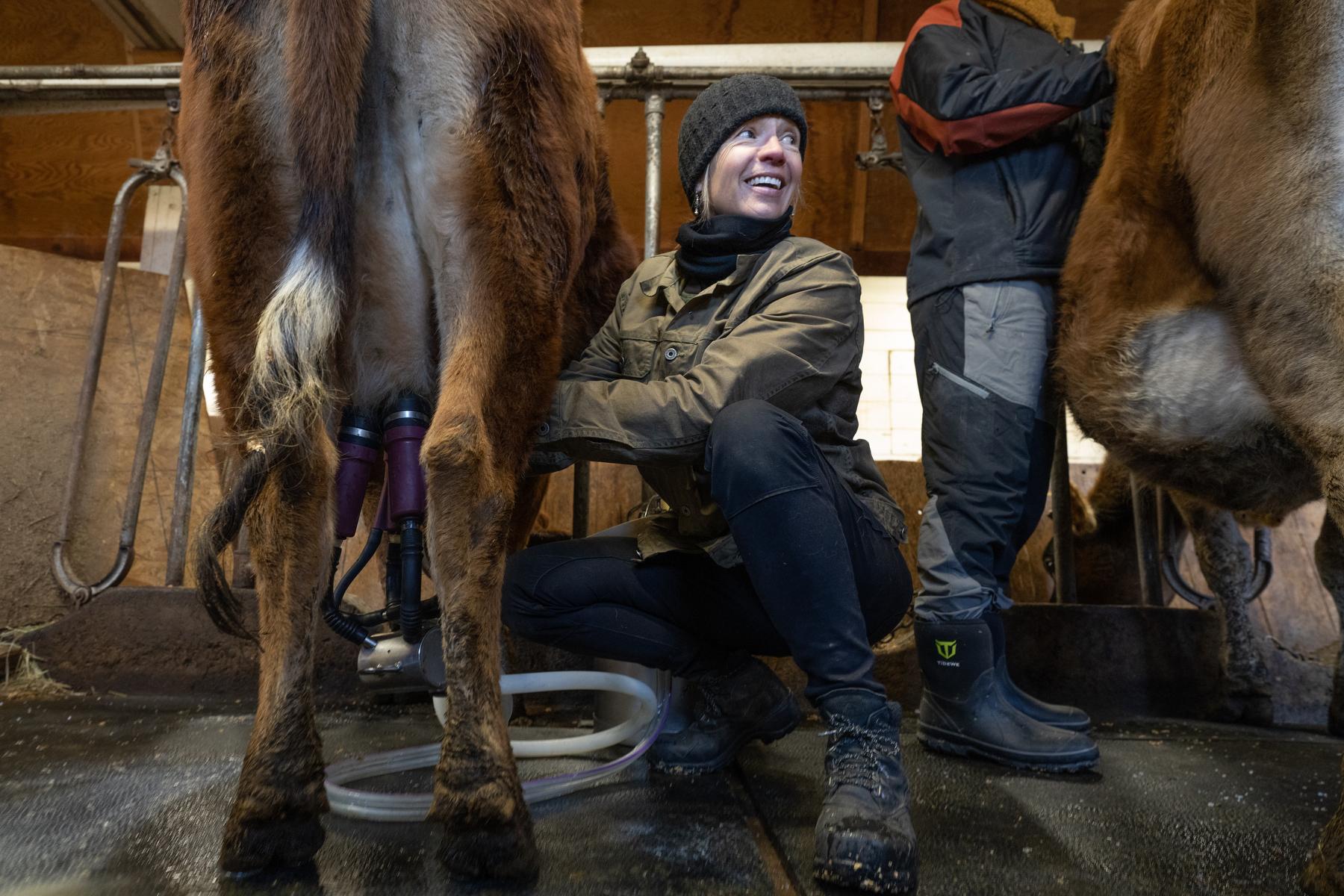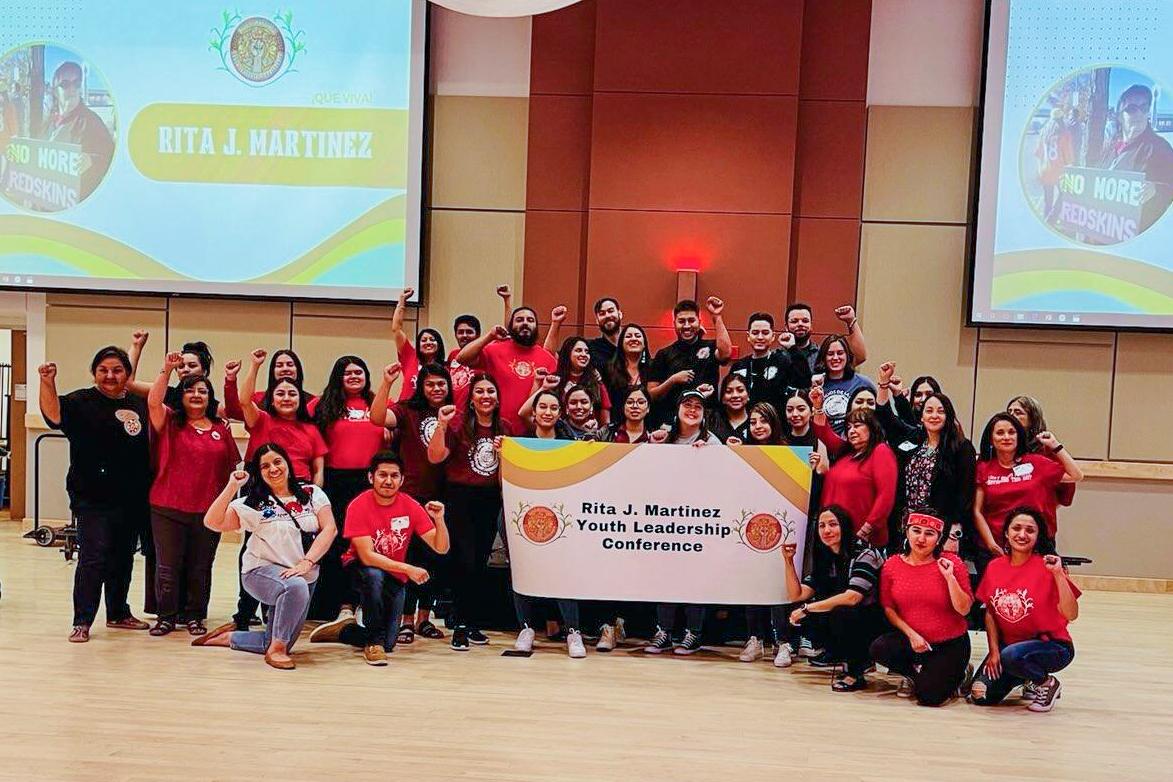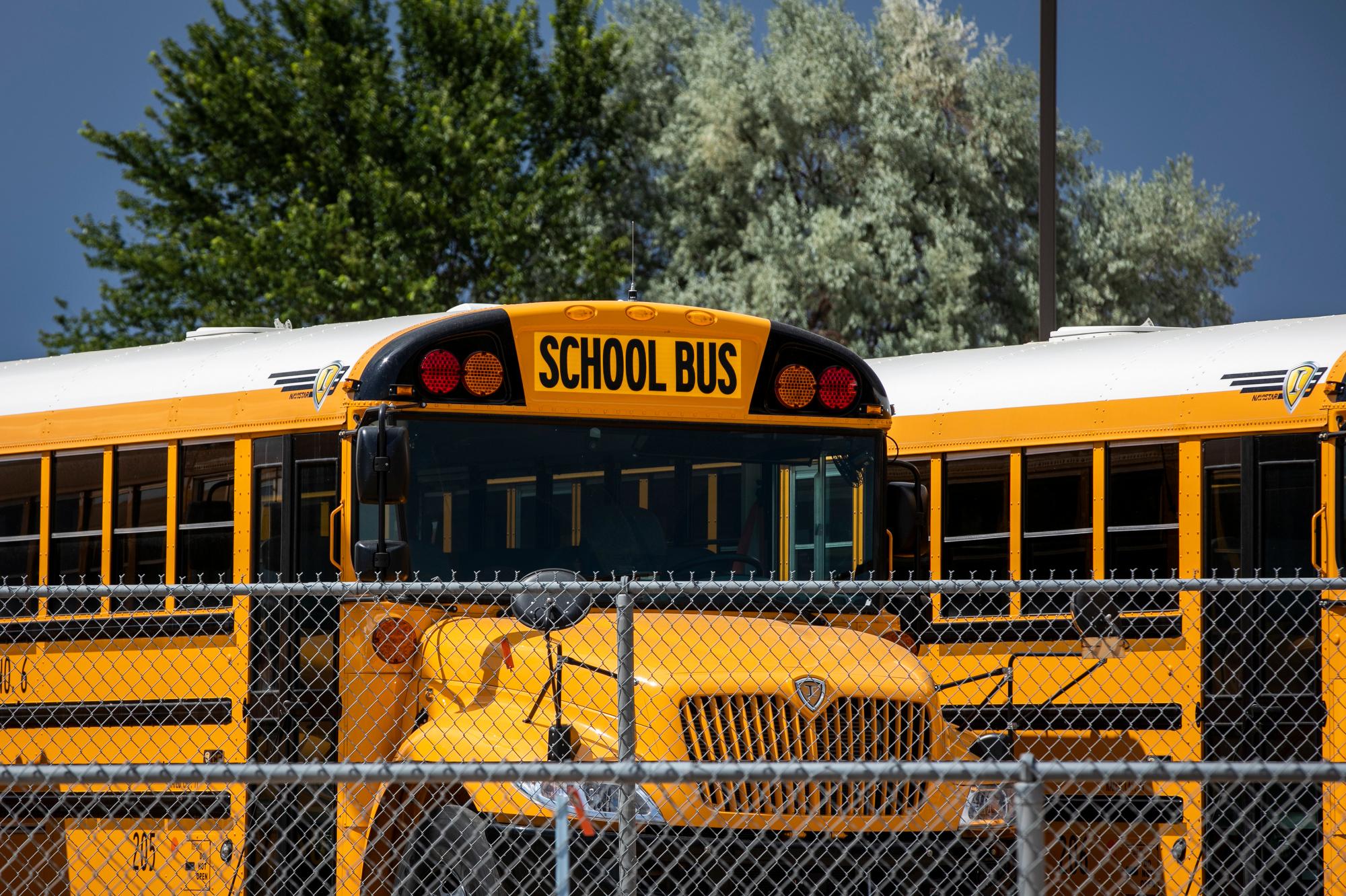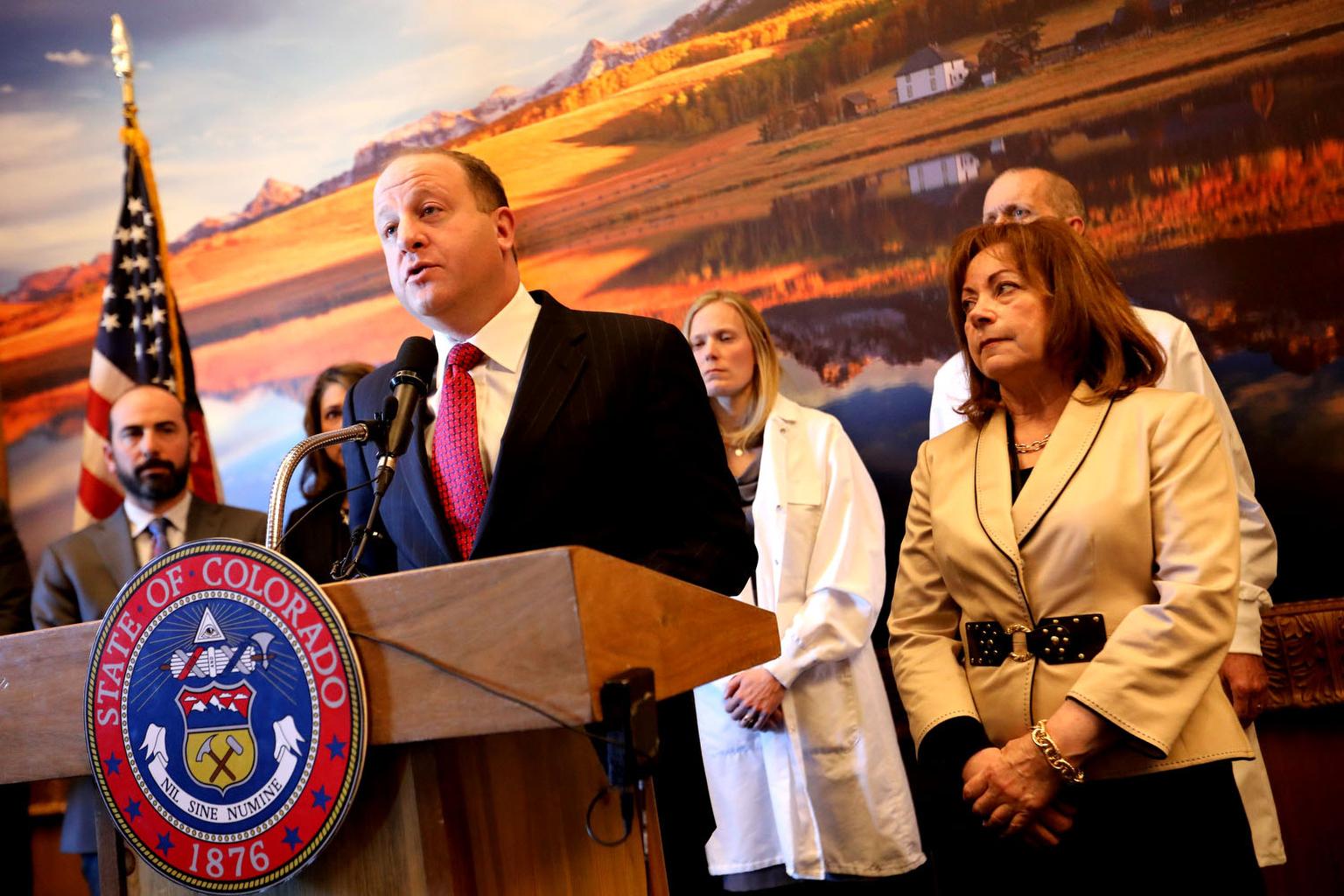
Colorado Gov. Jared Polis declared a state of emergency Tuesday morning as the number of identified coronavirus cases grows throughout the state, and announced several emergency measures the state would take immediately.
"The quicker we can contain the spread of coronavirus in Colorado, the better we'll be able to protect our most vulnerable populations," he said at a press conference.
New measures in the state include a drive-up lab for patients who have been directed to get tested by a doctor's order opening Wednesday, and adding more testing capacity by working with LabCorp. Polis clarified that tests through LabCorp would take longer — three to four days — than state-administered tests, which take 24 hours.
Polis also announced that he'd directed the Colorado Department of Labor and Employment to create emergency rules that would ensure paid sick leave for workers in food handling, hospitality, child care, health care and education who are awaiting testing.
State officials told CPR later in the day that the rules would be a mandate on employers to provide the benefit -- and that the cost of the leave would not be supplied by the state.
The state is looking at other options for people who test positive.
"I'm also requesting that the private sector voluntarily offer paid sick leave" to those who don't have it, Polis said.
State employees who are put under quarantine or isolation will be able to work from home. Polis said the state is working on paid leave for people in jobs like prison guards and "frontline CDOT workers" who would not be able to work from home.
Additionally, people over 65 can temporarily extend their driver licenses online so they don't have to go to a crowded Department of Motor Vehicles — people under 65 have already been able to do that.
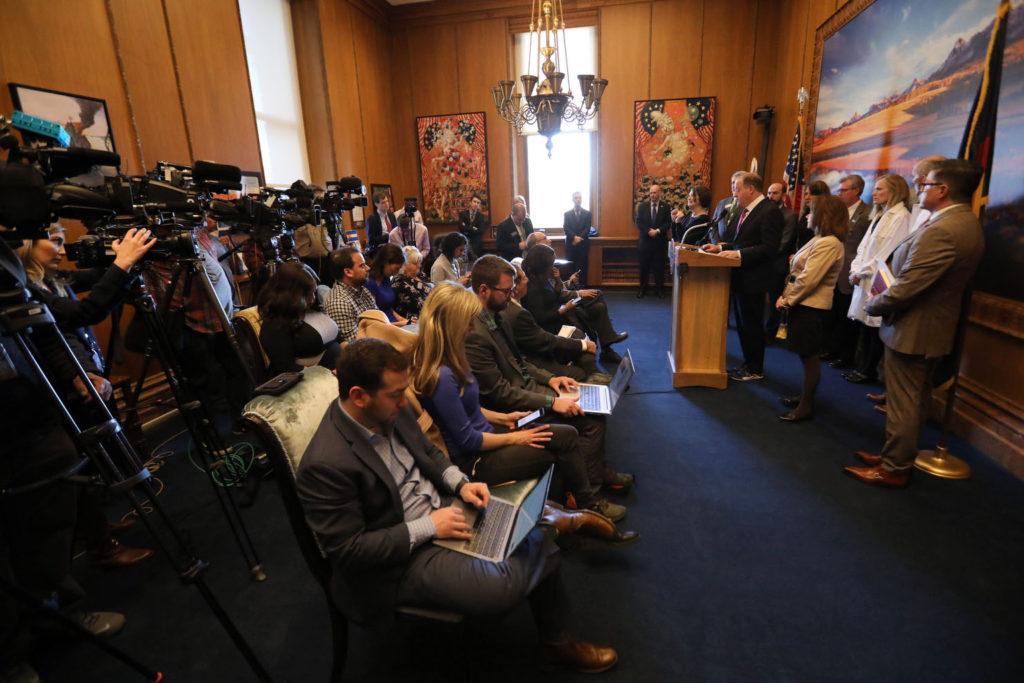
Polis said that the measures should help keep Colorado running.
"We should all feel more comfortable eating out knowing that the chefs and waiters don't have to come to work sick."
But he quickly tempered that optimism with words of warning:
"The success of our response depends on individual responsibility," he said, going on to emphasize that people who are young and healthy need to bear in mind that the virus presents a serious threat to people who are sick or elderly.
- Colorado Working To Increase Coronavirus Testing Capacity
- Colorado Lawmakers Ask: What Happens At The Capitol If Coronavirus Spreads?
- More Conferences That Would Have Come To The Denver Metro Are Cancelling Or Postponing Due To Coronavirus
- In Summit County, Where Colorado’s First Positive Coronavirus Case Was Found, It’s Mostly Business As Usual
By Tuesday morning, health officials had identified 15 cases of COVID-19 in Colorado, and no deaths so far. But the respiratory illness has shown a remarkable ability to spread.
More than 116,000 people have been sickened globally, and more than 4,000 people have died.
Colorado is at least the 12th state to enact emergency powers, including California, Washington, New York, and Utah.
State law gives Polis extraordinary powers to deal with disasters, but rarely has a disaster declaration been used for a pandemic. More often, disaster declarations are called for wildfires, floods and even snow.
The disaster declaration goes into effect for 30 days, and the governor can renew it until the threat is gone. He can restrict the sale of alcohol and guns. He can close public buildings and shut down public events. He can seize medicines from retail and hospital pharmacies. And he can quarantine people or buildings.
The state legislature, however, can check his power. They can end the disaster declaration by joint resolution.
The governor was accompanied at a press conference this morning by Jill Hunsaker Ryan, executive director of the Colorado Department of Public Health and Environment, Rachel Herlihy, the state's communicable disease epidemiologist, Scott Bookman, incident commander for the state’s public health response to COVID-19, Mike Willis, the director of the Colorado Office of Emergency Management and Stan Hilkey, executive director of the Colorado Department of Public Safety.
The Colorado Department of Public Health and Environment publishes daily numbers of positive test results. The state is able to test patients for coronavirus — and get a result within 24 hours. The CDC has to confirm the results of all of the tests.
This is a developing story and will be updated.
CPR's Dave Burdick contributed to this story.

